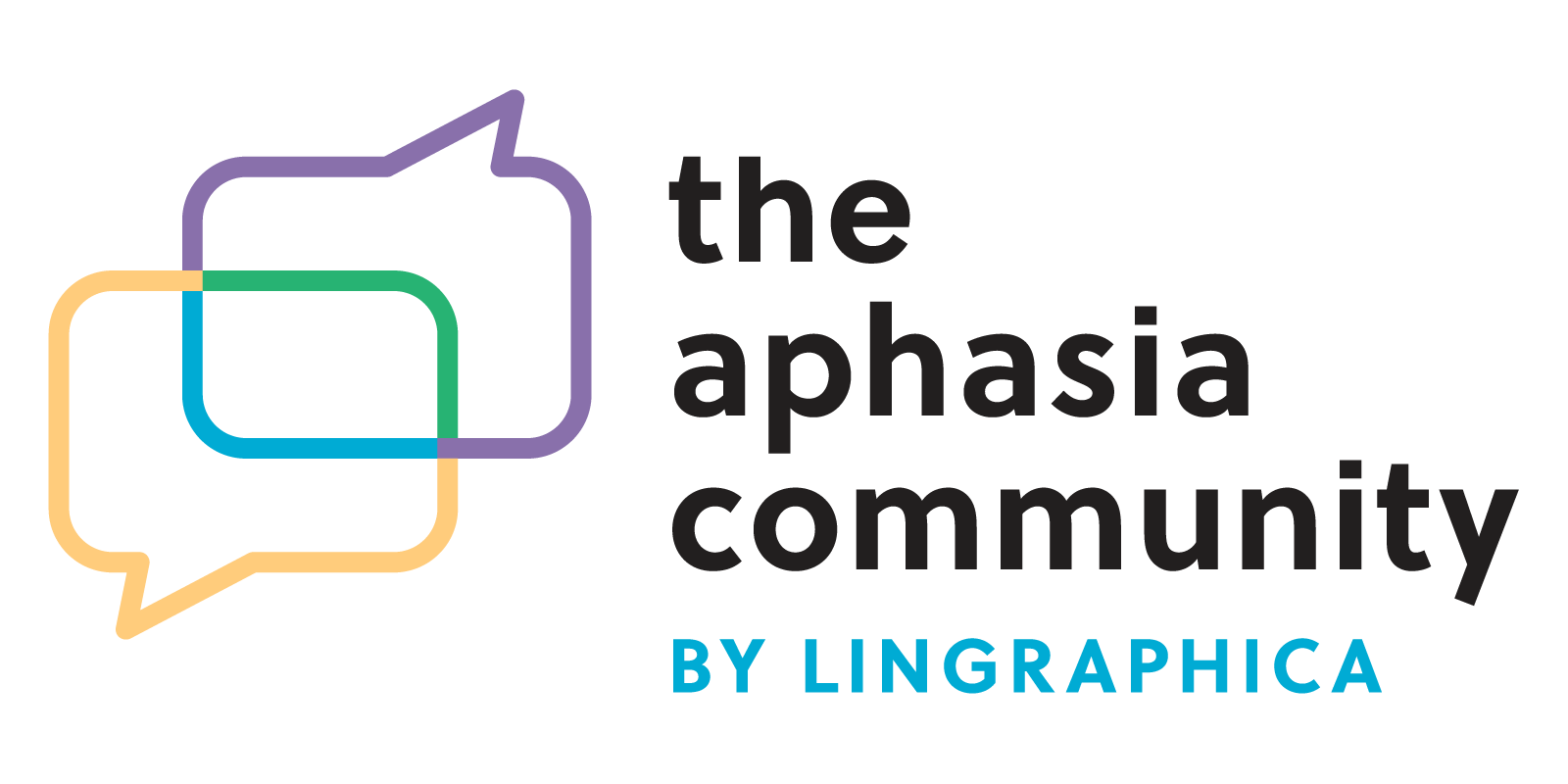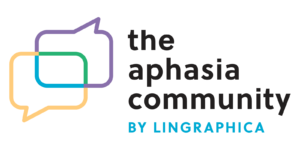Conversational Coaching for Aphasia
Conversational Coaching for Aphasia is a partner approach to aphasia treatment. Partner approaches require an involved family member or other communication partner. The person with aphasia and communication partner work together to achieve improved communication. It is the responsibility of both people to use the techniques. Conversational coaching is a great tool for people who want to support their loved ones with aphasia.
In conversational coaching, the speech-language pathologist (SLP) acts as a coach. The SLP teaches the person with aphasia and their communication partner strategies to improve communication.
Conversational coaching is a multimodal approach. Multimodal approaches encourage people with aphasia to communicate in a variety of ways. They can use whatever method they choose that allows them to get their message across. Some strategies that the SLP can teach the person with aphasia and their communication partner include:
- Drawing
- Gesturing
- Writing key words
- Asking questions to confirm information
- Summarizing what the person with aphasia has said
- Providing cues to the person with aphasia
The SLP, person with aphasia, and communication partner work together to select the strategies that work best for them. They then practice these strategies in conversation. While they communicate, the SLP observes and provides guidance and feedback. The SLP might give a specific task, like sharing information about a video clip.
Conversational coaching can be used for people with many types of aphasia. It is also appropriate for people with aphasia at any severity level. Conversational coaching is a functional tool that can be incorporated into everyday conversation. Once the strategies are learned, it can become habit.
Multiple communication partners can be trained in the strategies. The more people that support the person with aphasia, the more their communication can improve. In order to be successful, this technique requires at least one committed communication partner.

